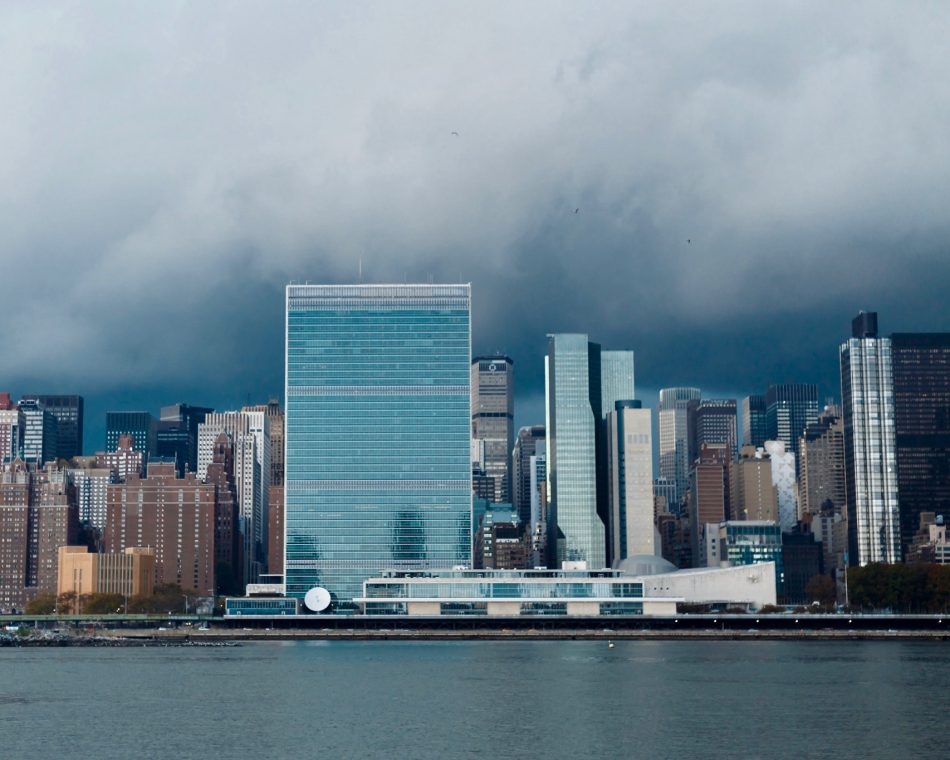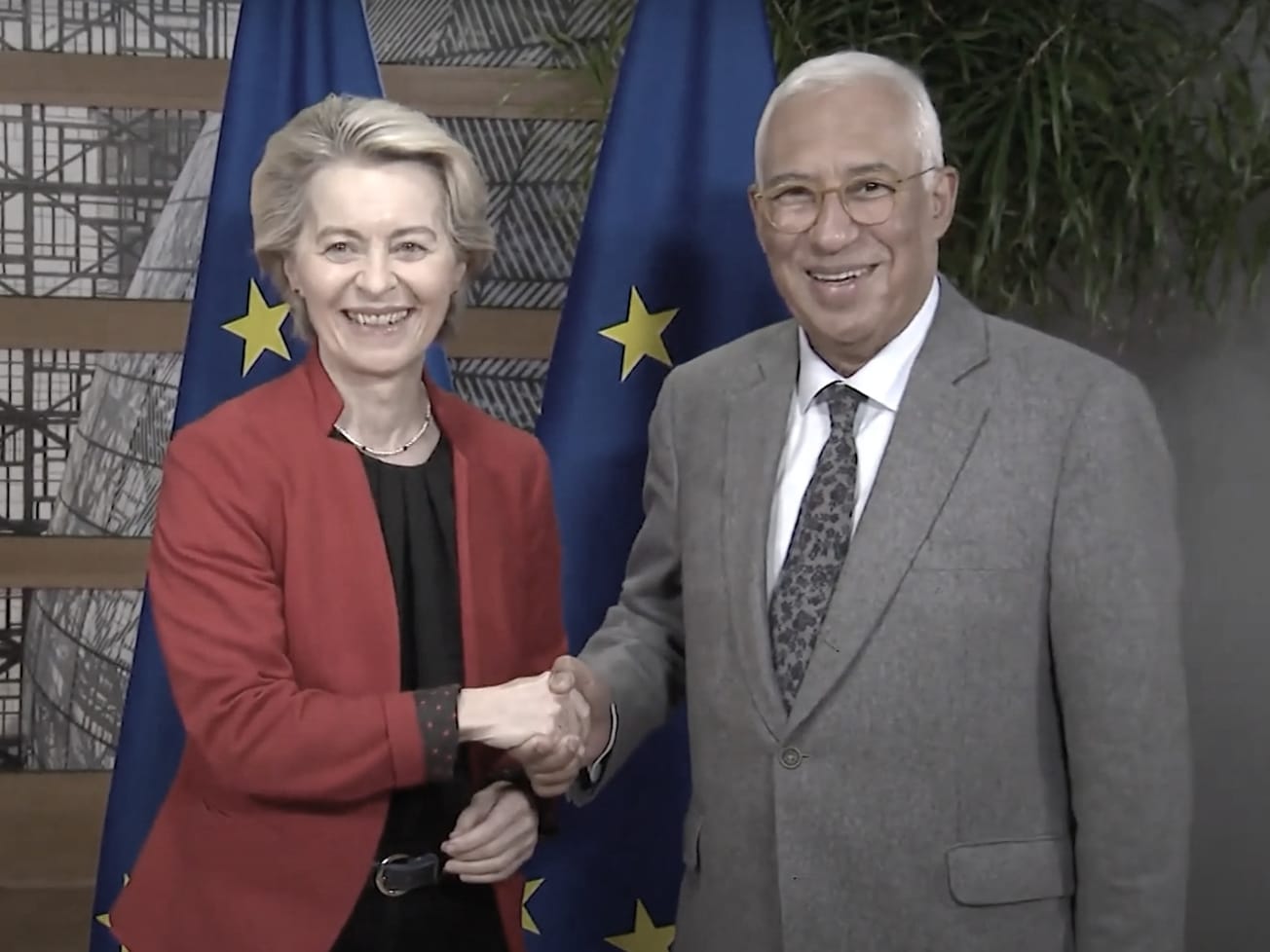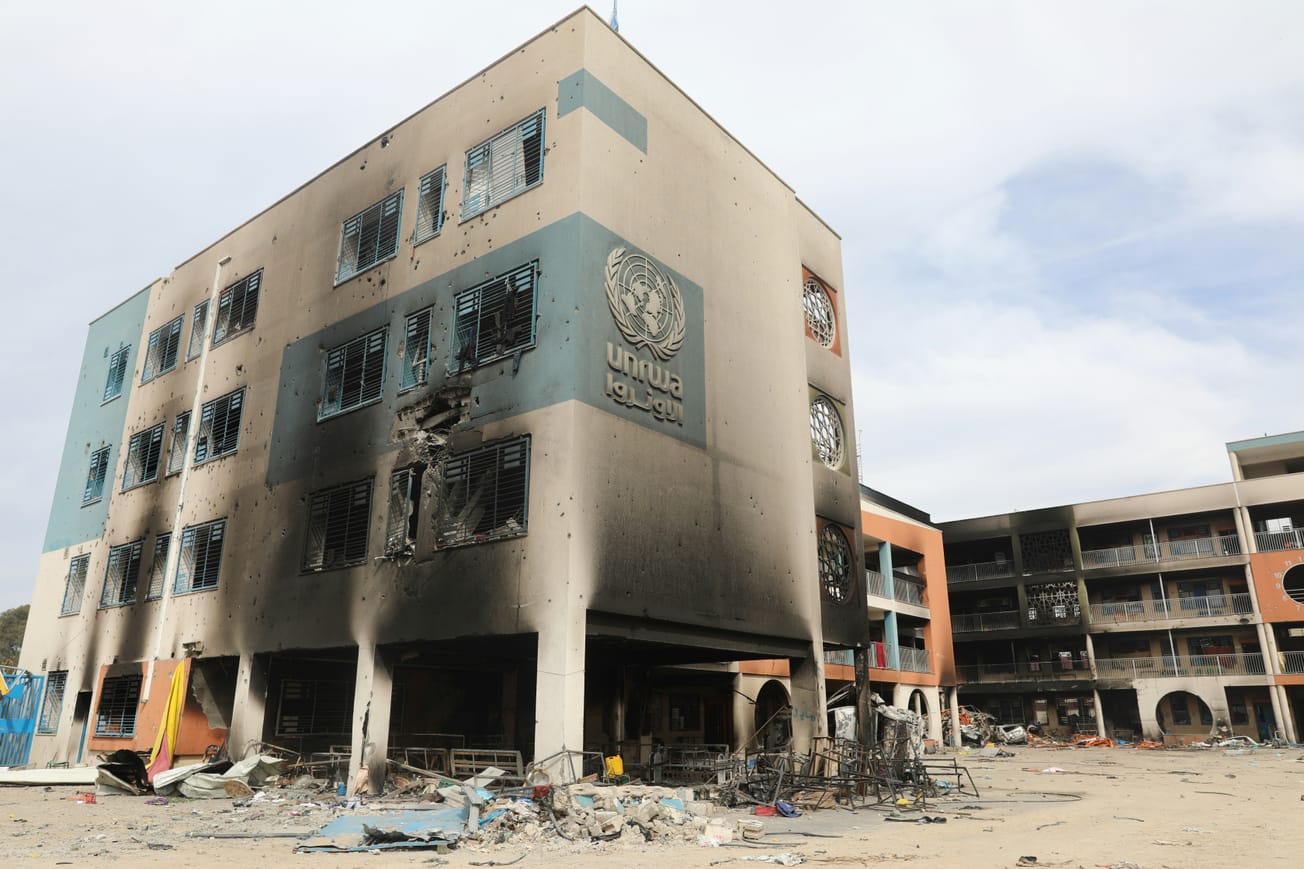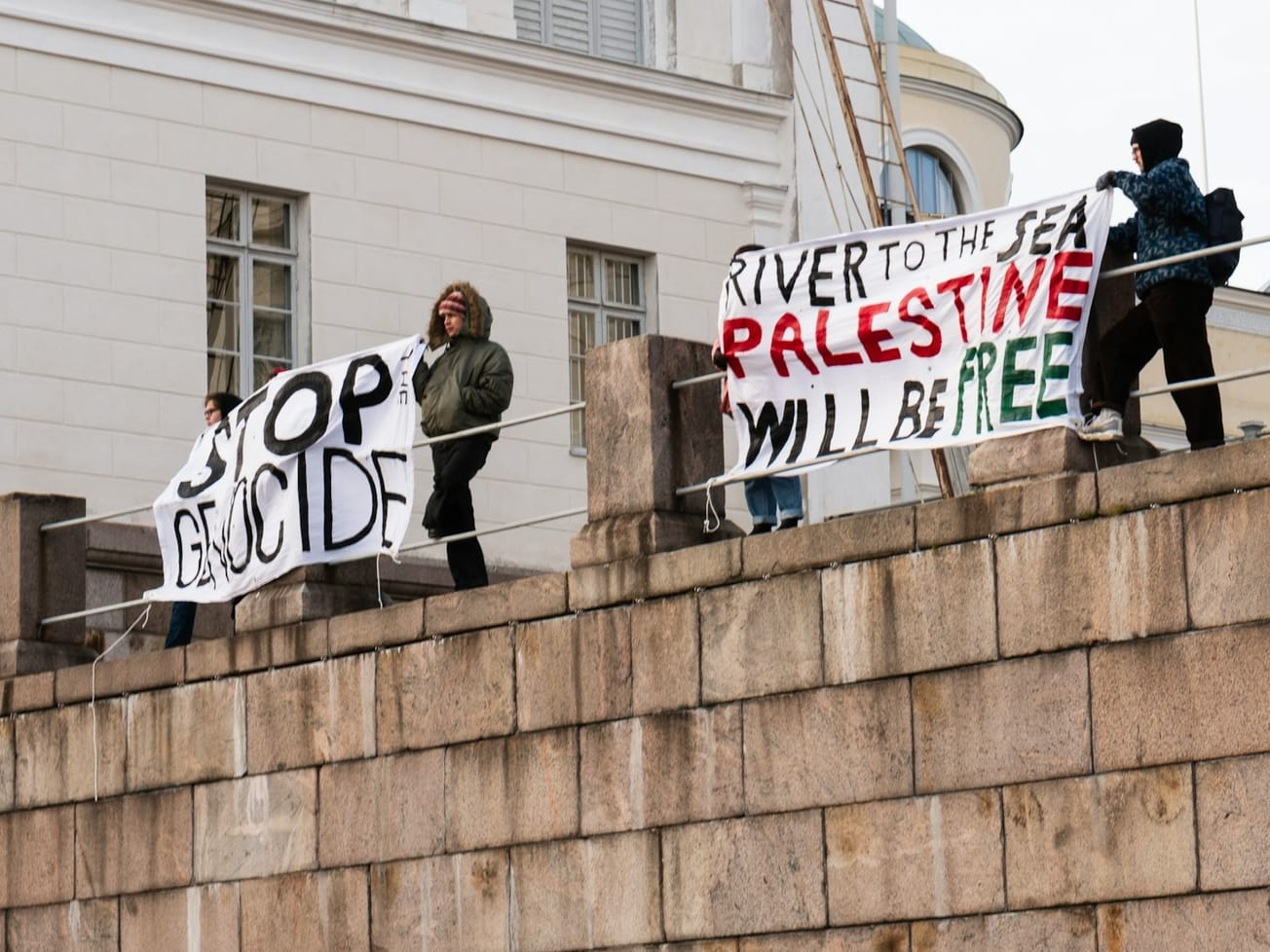UNITED NATIONS (AN) — The U.N. General Assembly plans to interview just one candidate for secretary-general starting in 2022 — incumbent António Guterres — despite Thursday's emergence of another self-nominated challenger who has no official standing in the race due to lack of a government endorsement.
Three days after UNGA President Volkan Bozkir scheduled an "informal interactive dialogue" between Guterres and diplomats to discuss his candidacy early next month, U.K.-based political initiative Forward announced that Rosalìa Arteaga, Ecuador's first female head of state in the 1990s, would seek to replace Guterres, who will finish his first term at the end of this year. Most of his eight predecessors, all men, served two five-year terms.
Arteaga became vice president in 1996 then served two days as Ecuador's caretaker president in 1997 after lawmakers found the elected president unfit to govern. Forward said Arteaga would run on a U.N. slate with Paula María Bertol, an Argentinian diplomat, lawyer and politician vying to be U.N. deputy secretary-general.
Neither candidate has the formal endorsement of their government, an unofficial UNGA requirement of all candidates entering the race. Forward said its members planned a vote to endorse the slate before they "officially communicate" the candidacies to the UNGA and U.N. Security Council next week.
"The U.N. must be open to female leadership, be inclusive, and show that solutions can be generated based on a different perspective," Arteaga said.
Opening up the race to candidates "that emerge from and are supported by the popular vote" as opposed to just government-backed candidates, said Bertol, "will result in greater participation of society in international organizations, in line with the proliferation of global mobilization groups.”
A former Portuguese prime minister and U.N. refugee chief, Guterres took over the top U.N. job on January 1, 2017, after the UNGA elected him to succeed Ban Ki-moon, a two-term secretary-general and former South Korean foreign minister. The United Nations began its process of re-electing or replacing him in early February with a formal request to all of the world body’s 193 member nations seeking potential challengers.
The current deputy secretary-general is Amina Mohammed, a British diplomat who also served as Nigeria's environment minister. She was appointed to the job by Guterres in 2016, after serving as a special adviser to Ban and playing a key role in establishing the U.N.'s 17 anti-poverty Sustainable Development Goals for 2030.
🔥 WE DID IT
— Forward (@Forward_world_) April 29, 2021
We got 2 highly qualified women to run for the roles of Secretary-General & Deputy Secretary-General!
Meet:
🦹🏽♀️ Rosalía Arteaga @rosaliaarteaga
🦹🏽♀️ Paula Bertol @PaulaBertol
Register today to vote & back candidates for the planet’s top post: https://t.co/ukHx1C5I9J pic.twitter.com/T166CYHczD
All nine @UN chiefs have been men. This year, the incumbent faces some unexpected competition. #Arora Akanksha, @arora4people a 34-year-old Indian-Canadian UN staffer, is running for the top #UN job. Imagine the fresh impetus of a#millennial #woman on the job.#aroraforsg pic.twitter.com/6RyIeszpGc
— Emeline Fonyuy (@EmelineFonyuy) March 14, 2021
'Hope for women and girls'
There has never been a woman in the top job. The UNGA adopted a resolution in 2015 to replace the secretive process of selecting a secretary-general with a more transparent process, through the sharing of information and informal question-and-answer sessions. Bozkir, however, indicated in a letter to diplomats on Monday that Guterres still had no formal government-backed challengers.
"Should further candidates be presented in accordance with General Assembly resolution 69/321, additional dates may be scheduled and the format of the dialogue replicated," he wrote.
There are seven self-nominated challengers to Guterres that lack government backing. They notably include outspoken U.N. auditor Arora Akanksha, who is less than half the age of nearly 72-year-old Guterres and has no previous diplomatic experience. Akanksha, who was born in India and graduated from university in Canada, declared her candidacy in February because, she said, the world body is "failing" the people it is meant to serve.
"I am not asking for your vote. Yet," she wrote. "All I am asking for is a hearing, the chance to discuss my vision, to share with you ideas on our path forward, and the ways that we can fulfill our promise to the world."
The next step in the selection process will be the informal discussion between Guterres and diplomats that Bozkir has scheduled for May 7. But it is left to the Security Council, the U.N.’s most powerful arm, to recommend a secretary-general. That gives its five permanent, veto-wielding members — Britain, China, France, Russia and the United States — outsized influence over the decision. The UNGA then votes on that recommendation.
Honduras’ U.N. Ambassador Mary Elizabeth Flores Flake, who ran unsuccessfully for UNGA president in 2018, sent a letter in February asking all U.N. member nations to consider putting forth women candidates. Guterres won the 2016 race against 12 other candidates, including seven women and five other men.
“Not one woman has been appointed to the position of secretary-general in 76 years: that’s 71 years too long," said one of Forward's co-founders, human rights activist Colombe Cahen-Salvador. "We say no more. Rosalìa Arteaga and Paula Bertol represent hope for women and girls all over the world that places of power will not remain out of reach for much longer. Their participation sends a strong signal: gender equality comes with power.”









